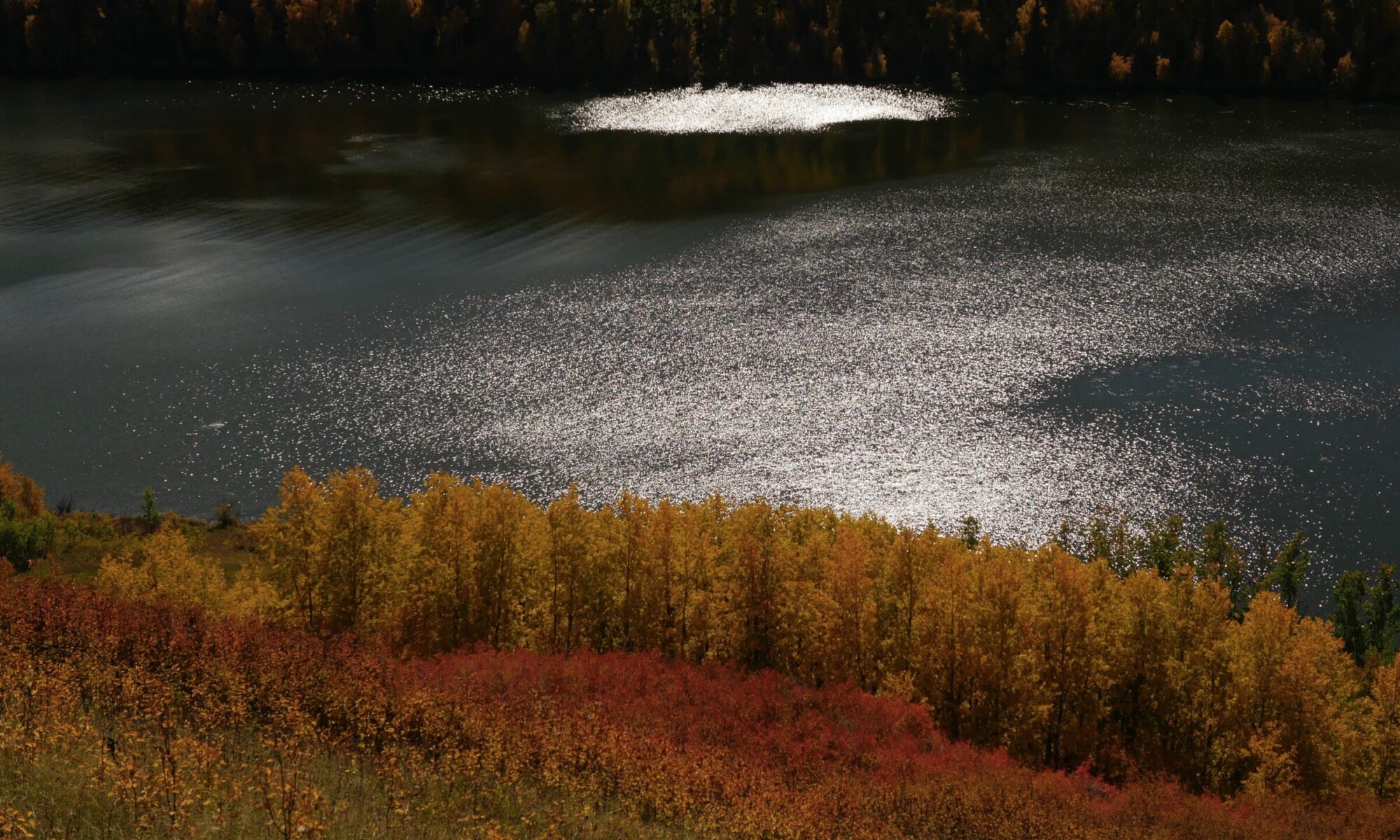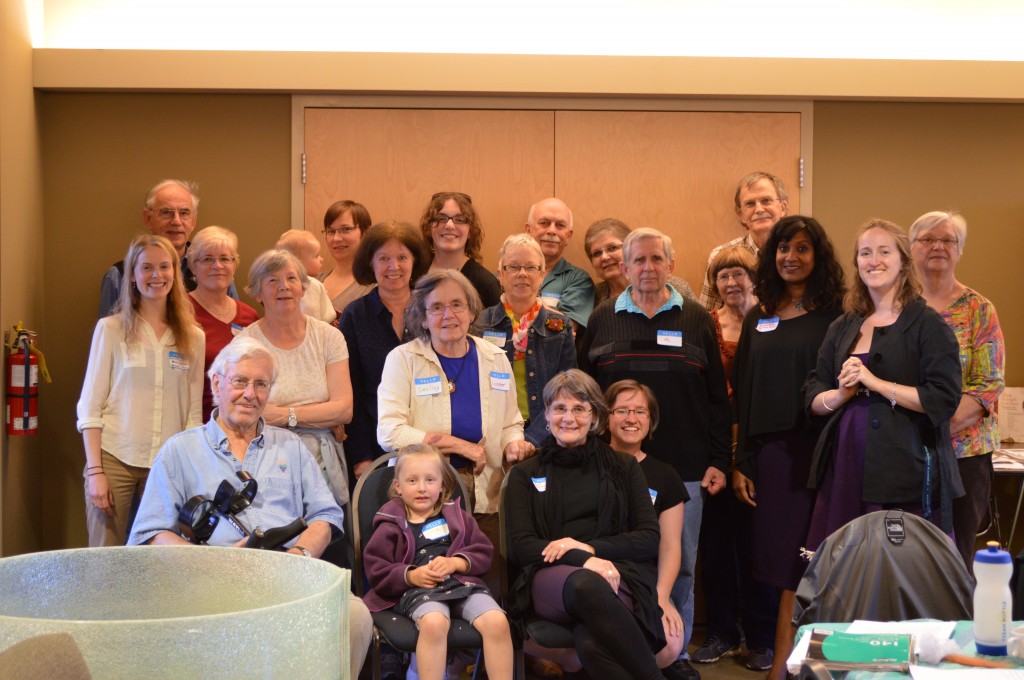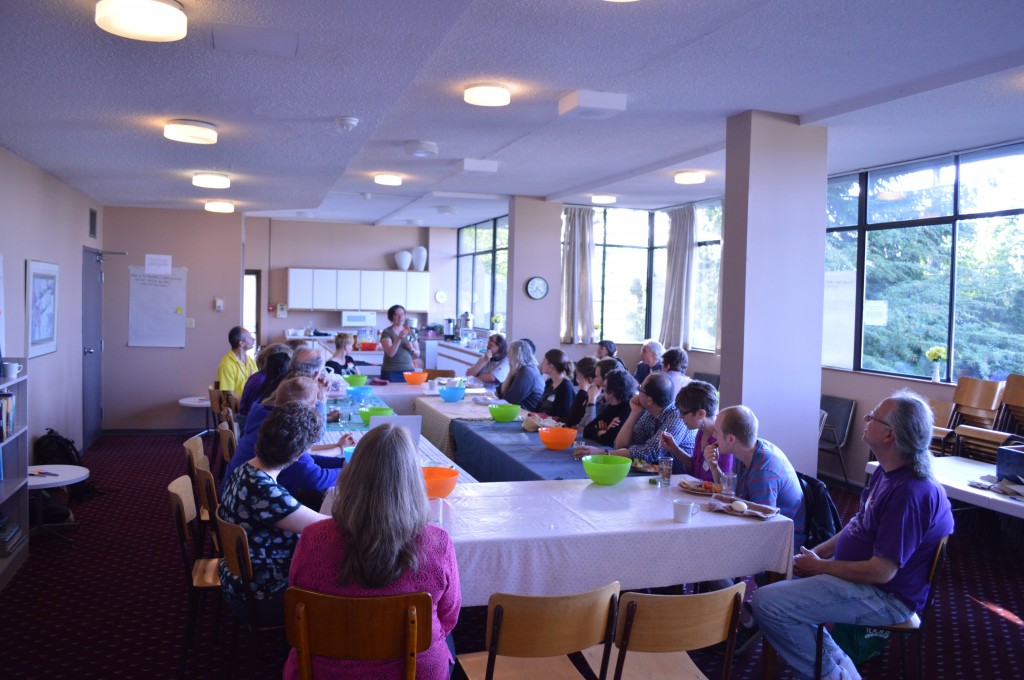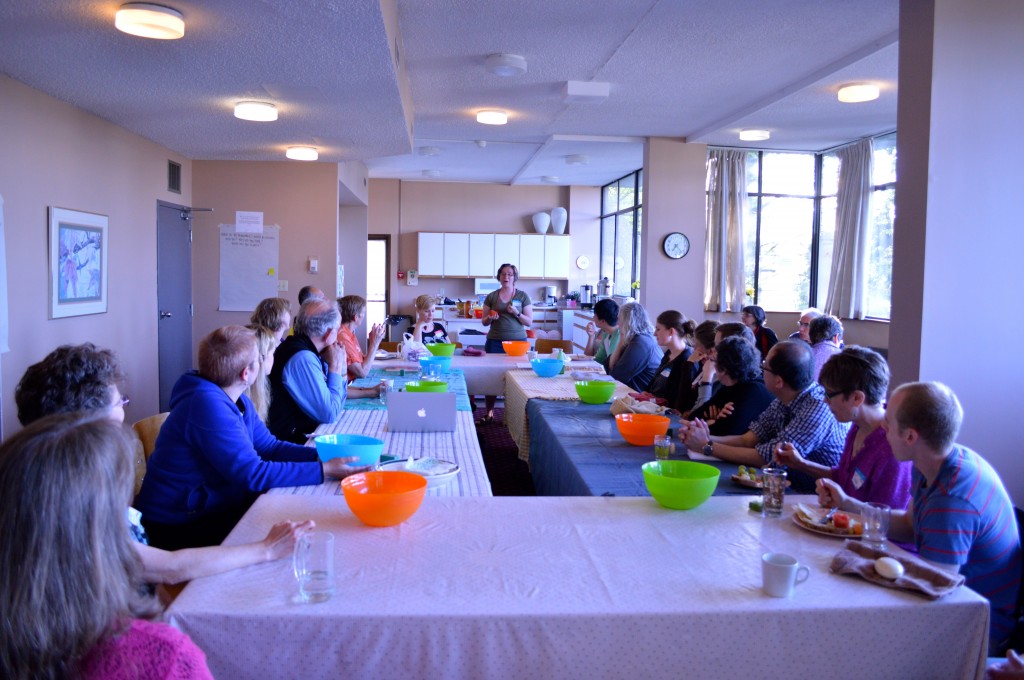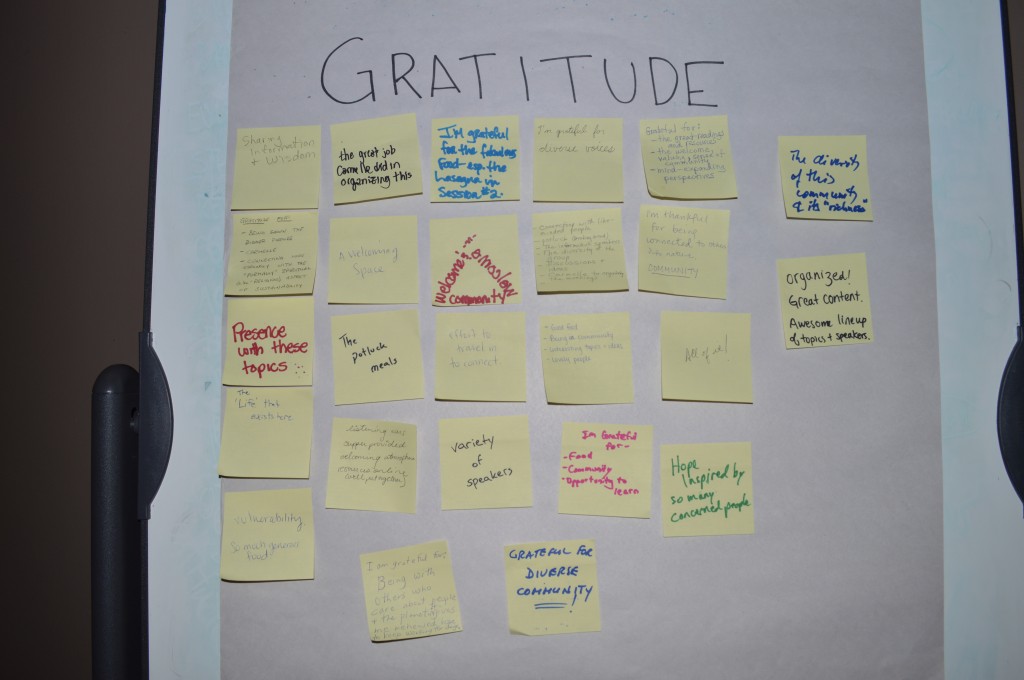Hey everyone,
For those of you who have met me, you may remember that I am a film student here in Vancouver.
Recently I got the Green-light on my latest documentary project. My partner Adam and I are going to be making a documentary on Spirit of the Land. We are in the beginning stages, but here is where we need your help!
We would like to include folks such as yourselves in the film, for each of you carries a unique story, a unique experience. We would love to chat with as many people as possible. We have 10 days to shoot starting today. If you are at all interested we would love to hear from you! Please send me an email at alisonbortolon@gmail.com and we can discuss this further.
Below is the written proposal for the film.
Remember… All are welcome, and All are needed!
Looking forward to further conversations!
Alison & Adam
Alison Bortolon
t: 807 629 6603
e: alisonbortolon@gmail.com
Synopsis:
What if community and belonging was the answer to the social, political, environmental and economic ills of today. What if our external ecological crises – from climate change to economic inequity – were symptoms of a deeper spiritual and cultural need? And, what if this was due to disconnection from place, and all place holds?
A group of diverse people – of Indigenous, Immigrant and Settler story – are inspired by a vision of a Community Land Ethic. Through inner and outer efforts, this ever widening group of people strive to reveal and be responsible for the commonality within our diversities. It has begun and continues with individuals such as you and me.
Treatment:
“She was walking through the forest, filled with all kinds plants and trees, when a strong wind came rushing through. She could tell something wasn’t right, she could feel, the plants, they were upset. The plants began to cry out ‘Where are the people? Where are our friends? We miss their songs.’”
Takota Cohen reflects on this dream told to him by a friend. Every single plant in Indigenous culture is a relation. It once was that each plant had a song, and people would sing it when it was needed and before harvest. As Takota tells us how the plants were upset in his friends dream, he fights back his tears. The plants miss the connection they once had with humans; when the humans needed and loved them.
The instability of our climate is by now undeniable. The contamination of land for unfettered resource extraction is proceeding at an extreme scale and pace. The economic inequality between rich and poor is growing. We have exceeded the safe limit of carbon in the atmosphere. And yet we hear the mantra that ongoing and rapid ‘economic growth’ will save us.
In the pursuit of “progress” towards on a finite planet, not all can achieve this “good life.” Alas, we have created and uphold a world of opposition. Nation opposes nation and corporation opposes corporation. Farmer must compete with farmer, NGO with NGO, and Church with Temple. It is neighbour against neighbour. It is water against oil. It is relation against relation. And, in response to the knowledge that Our Earth as we know it is collapsing, so much of our energy, discourse and belief go into further opposing each other. Even in seeking to protect those we hold close, a separation-mindset only increases our alienation. Despite good intent, we cannot solve our problems with the same thinking that created our crises to begin with.
But what if it didn’t need to be this way: relation against relation? What if, within our diversities, we shared a commonality? What if we all care deeply? Perhaps today’s crises call us to something more difficult than fighting for something. Perhaps today’s crises are calling us to love something: our place, and all the lands, waters and communities place holds.
If disconnection is the root of our crises, then any act of re-connection is globally significant. It means that: the creation of a kinder future is every ordinary persons work, that connecting is the way to heal the suffering, and that each of us is agency. Today and tomorrow is up to each of us, together, and all our relations of the Natural World, because any one act of re-belonging is the creation of a kinder future.
Each day as we glimpse the increasing magnitude of global suffering, we ask despairingly, “where on earth do we begin?” Perhaps within our very question, is our answer: On Earth. Begin, present, on Earth. For when we are present, we come to know our place. When we know our place, we begin to fall in love with it. When we love it, we come to know how to care for it. And when we care for it, we re-belong.
Takota sits on the porch with much gratitude for the current rainstorm. He is seated on Grassroots Family Farm, an organic farm of his and his parents. His goal is to use this land to reconnect people with the land through their food. Takota has an awareness of an existing disconnection humans have with the natural world and views this as a fatal error. For him, if there is no connection to the land there is no reason to care for it, and therefore what happens to it. He himself feels a very special connection to his land, a physical one, for his placenta is buried under a tree on this land. Takota wipes a tear as he tells us that for the Seri people of Mexico, “where are you from?” literally translates to “where is your placenta buried?” Takota believes that humans need to reconnect, with each other, and with the land. He says that once you build a connection you begin to feel for it, and it becomes a part of you. This is where he has started, right back at his Family Farm where he was born and raised. Each day he cares for his animals, his pigs, his chickens, his cattle, his bees, his trees… his soil. As he cares for these things, he belongs to this place.
Carmelle Mohr takes a rest on her dock from planting trees with the family. She is at the place her family calls ‘the Farm’. Her mother and grandfather stumbled across this land in the 60’s. This is a place with which she has a deep kinship. The distant call of the redwing blackbird, the loon and the floundering of the nearby purple martins sing as Carmelle starts to narrate the story of spirit of the land.
We have become so disconnected – from each other, our lands, and within ourselves. And each day, suffering is increasing – around the world and around the corner.
If all these ills are symptoms of disconnection, this would mean then, that any act of re-connection is, truly, an act of peace-making. That it is not up to technological or ideological breakthroughs but, rather, the great, small acts of caring.
It starts here, now, with us, with place.
Our stories and opinions may be different, but we all share a common story: a commonplace. As our crises increase each day, the temptation may be to further oppose and blame each other in seeking to protect particular gifts of life. What if we could do so, and together?
Now is the time to recognize our selves in each other and our lands; the commonplace which makes us and to which we all belong. In this story, there are no antagonists. This is everyone’s story. It is my story. It is your story. It is our story. It is the story of place, and All place holds.
This is Spirit of the Land; it has begun and continues with individuals such as you and me. In this film you will meet individuals in Alberta and British Columbia that believe in this movement. They will go deeper into explaining the crisis and the disconnection that exists today, but most importantly, they will discuss what they are doing, how they are belonging, and how each and every act is a small piece that contributes to the greater whole.
Spirit of the Land is not a dramatized documentary. It is a film that hopes to reach each and every one of us in our global crises. It is a call to action and an illustration of how we can all create a better future, and to do so as our ordinary selves. Let the folks of Spirit of the Land take you in to their daily lives and show you where they have begun, and further, where you can begin.
Marketing and Distribution
Spirit of the Land is to be promoted and distributed online through various networks and community organizations involved in the movement.
The filmmaker intends this film to raise awareness and illustrate the vision that Spirit of the Land carries.
Filmmaker Biography
Alison Bortolon has been making documentaries for 3 years. Over the years she has watched the Spirit of the Land movement grow from her community in Camrose. She created a documentary on the initial theme of Responsibility for that Land which touched on the topic of Hydraulic Fracturing. From Responsibility for the land grew a project called AlbertaVoices, which was a series of documentaries documenting cases of landowners impacted by Hydraulic Fracturing. From here Spirit of the Land evolved where Alison attended community gatherings in Camrose, AB, Victoria and Vancouver, BC. Alison has watched Spirit of the Land grow from its early stages into a larger theme of creating a community land ethic and wishes to continue to document its story.
